Life Outside the Lab: Personal Passions That Empower
Health Scientists
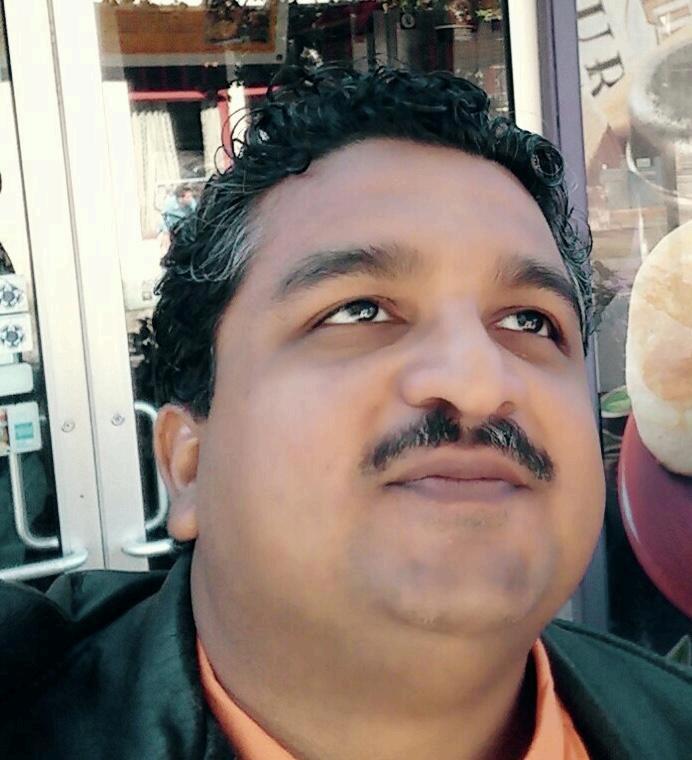
Isam Vaid believes that for health scientists dedicated to advancing medicine, public health, or biomedical research, the intensity of their professional lives can be both rewarding and exhausting The pursuit of scientific knowledge often involves long hours, complex problem-solving, and emotional resilience. In such a demanding environment, engaging in hobbies outside of work isn’t just a luxury; it’s essential. These activities help renew focus, foster creativity, and provide a healthy sense of balance, which can ultimately support their scientific goals.
One of the most enriching pastimes for health scientists is creative expression. Whether it’s painting, playing an instrument, or writing fiction, these outlets offer a refreshing contrast to structured lab work. Creativity stimulates different areas of the brain, encouraging flexibility and new perspectives. A scientist who spends time sketching or composing music might return to their research with a clearer mind or a novel approach to solving a problem Creative hobbies also serve as emotional outlets, helping scientists decompress and maintain psychological wellness
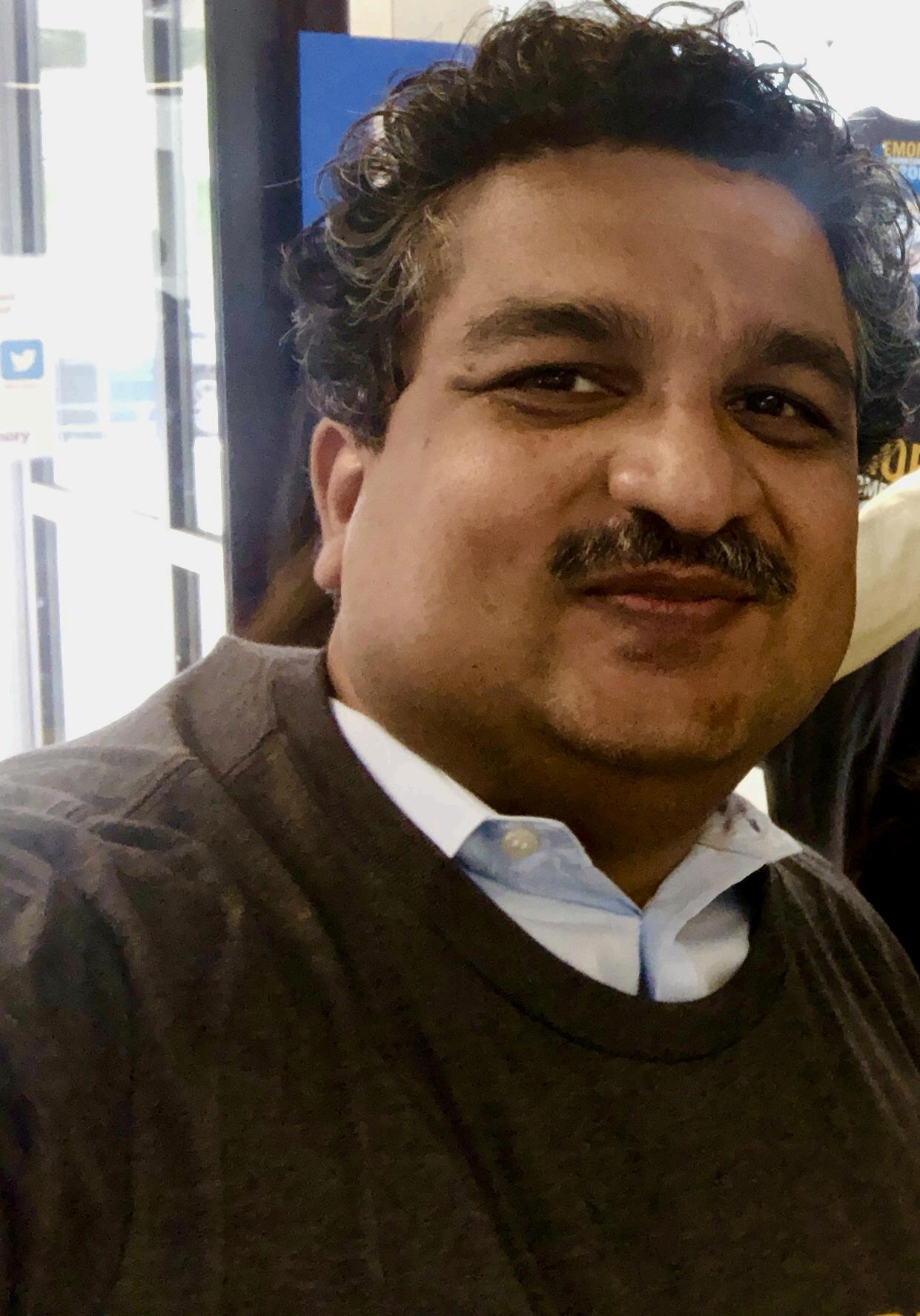
Nature-based hobbies, such as hiking, birdwatching, or gardening, are particularly appealing to those in the health sciences. These activities bring both physical and mental health benefits while fostering a sense of wonder and patience Gardening, for example, connects individuals to life cycles and environmental rhythms, concepts that are often central to biological research. The act of planting, tending, and harvesting offers immediate, tactile feedback that can be grounding after a day of abstract data analysis
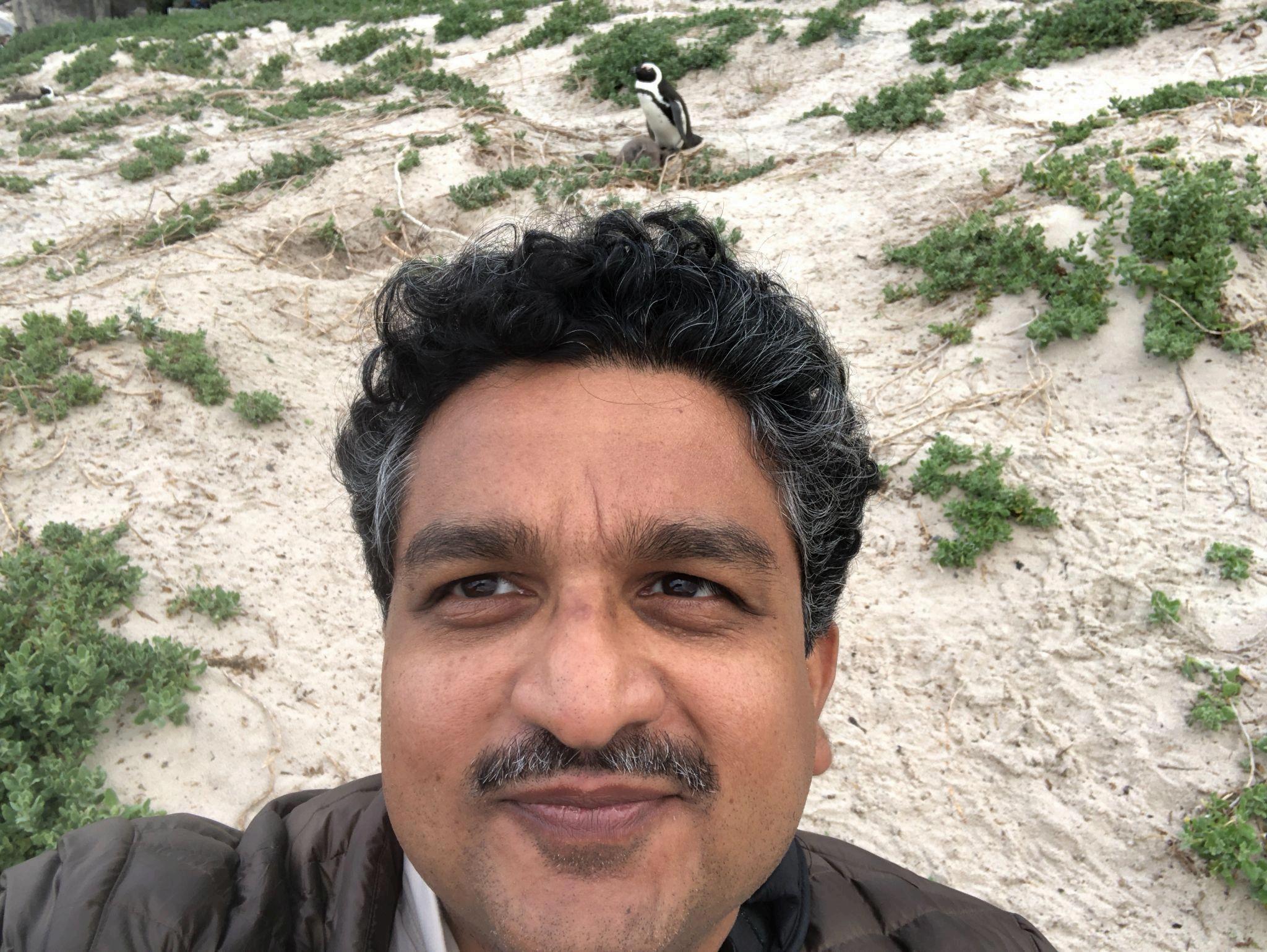
Physical activity is another crucial component of a balanced life, and many health scientists turn to sports or fitness routines for relief. Running, cycling, yoga, or swimming can all serve as powerful stress-relievers. These forms of exercise help manage anxiety, promote cardiovascular health, and improve sleep, all of which are essential for peak performance at work Additionally, movement-focused hobbies often enhance concentration and boost mood, making scientists more resilient during periods of intense focus or experimentation
Cooking and nutrition-focused hobbies are also everyday. Many health scientists enjoy experimenting in the kitchen, not only to explore culinary creativity but also to maintain a healthy lifestyle Understanding the science behind food preparation, nutrient interactions, or fermentation aligns naturally with their background and curiosity. Preparing meals from scratch can be both meditative and empowering, transforming nutrition from a theoretical concept into a daily act of care.
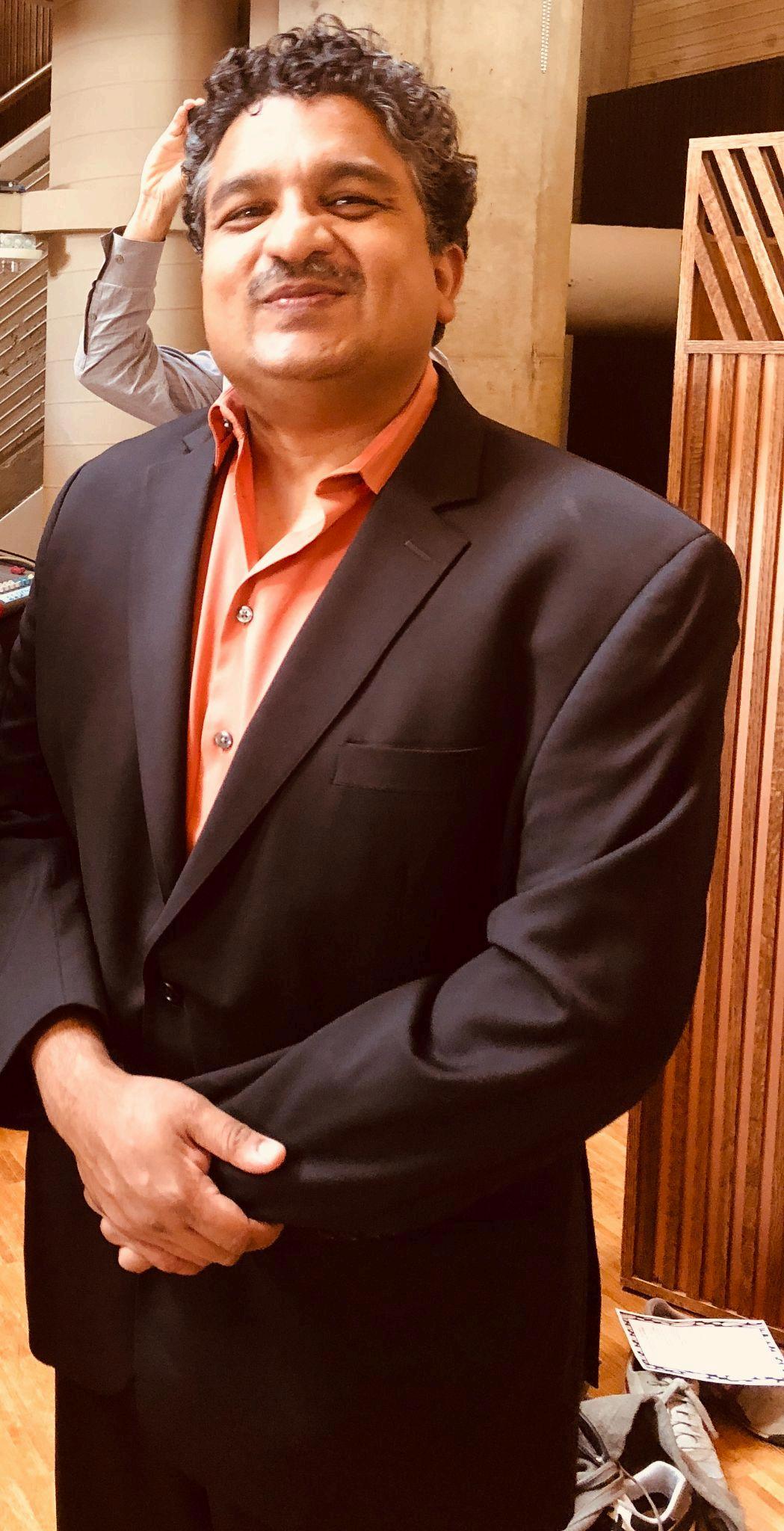
Language learning and travel are hobbies that provide cultural insight and sharpen communication skills, both of which are increasingly relevant in global health fields A health scientist who learns a new language or spends time in another country is better equipped to engage with diverse communities, understand different healthcare practices, and collaborate across borders These experiences deepen empathy and offer a broader perspective on the human condition, often enhancing research with global implications.
Volunteering and community service offer another dimension of enrichment Whether mentoring young students, participating in public health campaigns, or assisting with local initiatives, health scientists who give back often find renewed purpose and fulfillment These interactions provide reminders of the real-world impact of their work and can rekindle passion during times when research feels distant or abstract. Engaging with the community also enables scientists to apply their skills in meaningful and immediate ways outside of academic or institutional frameworks
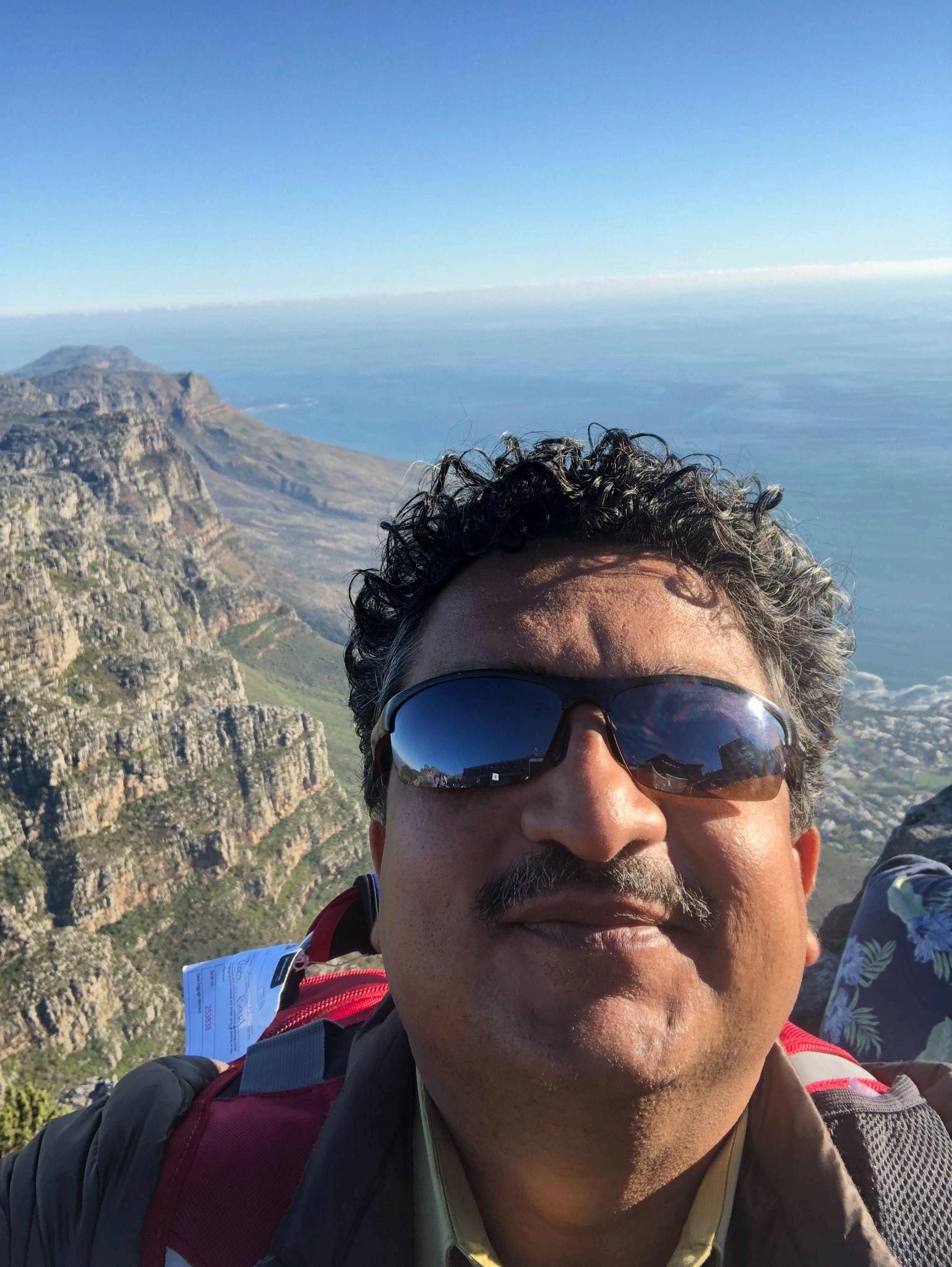
Finally, mindfulness practices such as meditation, journaling, or tai chi can significantly enhance a health scientist’s emotional intelligence and focus These practices train the mind to be present and observant, traits that are invaluable during meticulous research or when dealing with ethical challenges Regular mindfulness helps build mental stamina, reduces emotional reactivity, and promotes thoughtful decision-making
Incorporating hobbies into a health scientist’s lifestyle does more than fill spare time; it cultivates balance, sharpens insight, and promotes overall well-being These personal pursuits nourish the mind and spirit in ways that science alone may not. For health scientists committed to both discovery and personal growth, embracing life outside the lab is an investment not just in themselves, but in the quality and depth of their contributions to the field.
